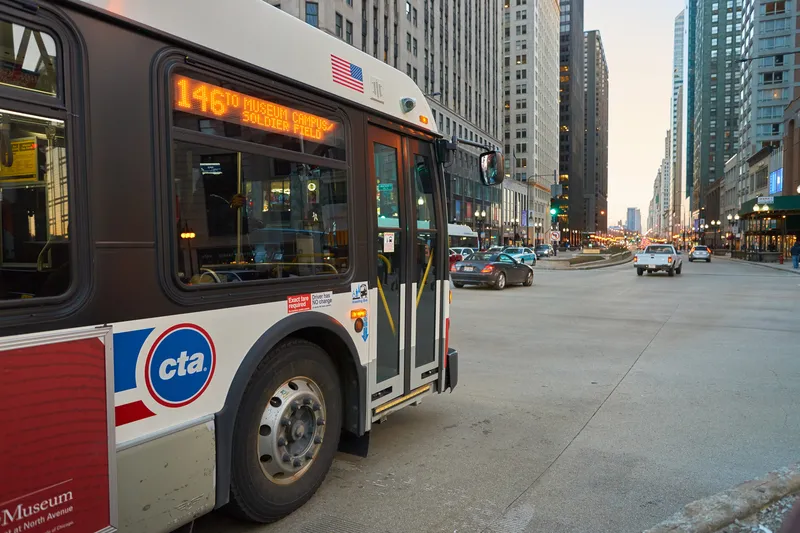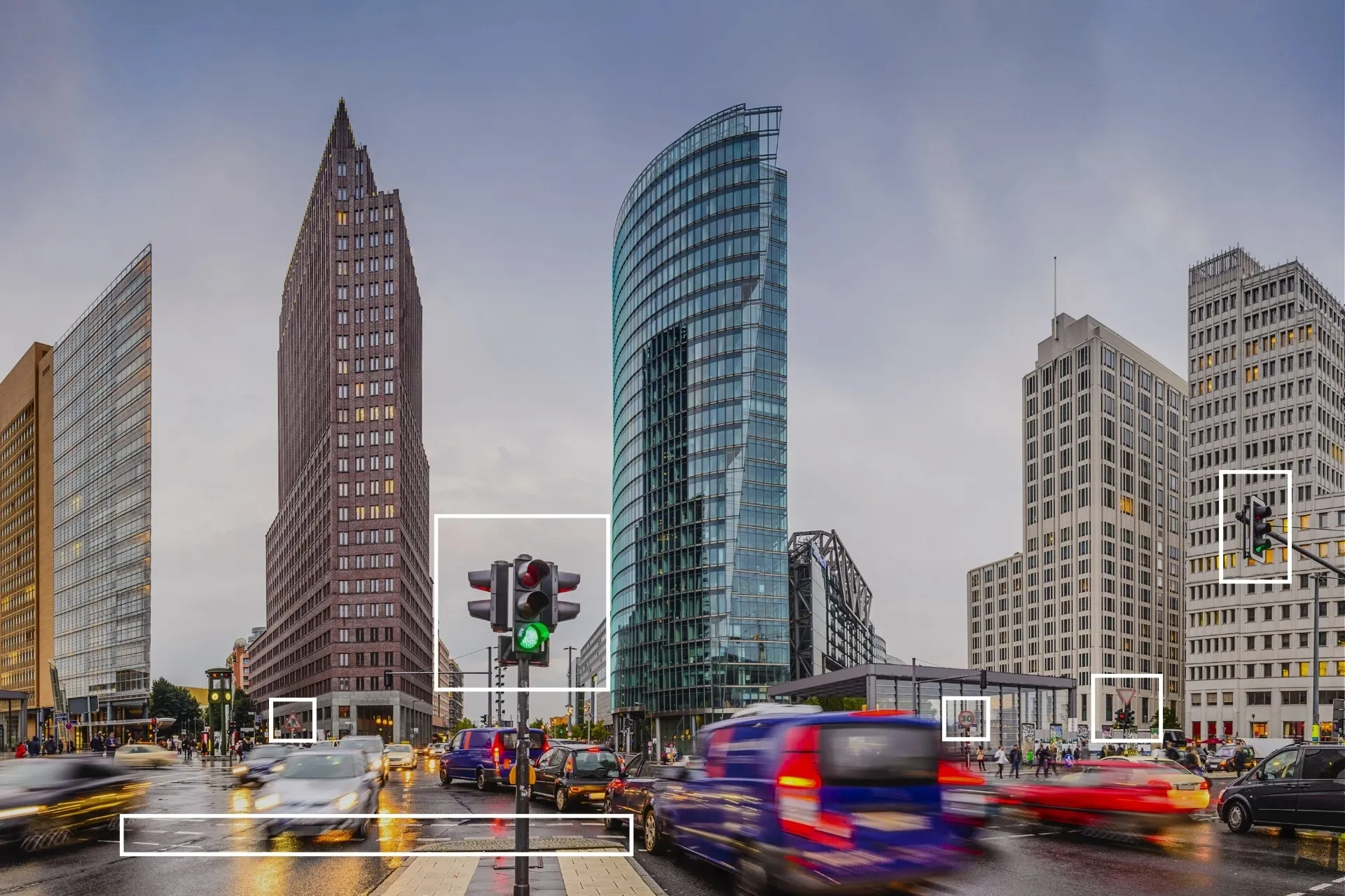
City Tech Collaborative, Genetec, Intel and Microsoft are developing tools to provide real-time insights on Chicago Transit Authority’s (CTA) occupancy across multiple vehicles.
City Tech says a pilot implementation on CTA’s 79th street bus line will allow the authority to proactively meet route ridership demand, reduce passenger crowding and wait times and provide a socially distanced rider experience.
According to City Tech, combining onboard capacity data with projection models will allow CTA to make service decisions even more quickly, such as adding or holding vehicles on a route or not picking up additional passengers once a vehicle reaches maximum capacity.
Molly Poppe, chief innovation officer at CTA, says: “Though many public transit agencies reduced routes amid the pandemic, the CTA made no changes to scheduled service in order to continue to provide essential transit service to those who rely on it. Despite Covid-19, CTA still serves an average of 400,000 riders each and every weekday.”
Poppe believes partnering with City Tech will help CTA integrate “technology and analytics to serve our customers better”.
The partners will measure the efficacy of various passenger-counting technologies. Existing data sources, including automated passenger counting and ticketing/tap data will be joined into a single dashboard alongside data from lidar, video, and a count of devices seeking Wi-Fi networks connections.
City Tech emphasises no individually identifiable information will be stored or shared, and data collected during the pilot will remain private.
Other factors including weather, time of day, and events will inform the developed model to project ridership.
In the long-term, City Tech points out this solution will allow CTA to understand the accuracy of these technologies, and guide data publishing for public use such as sharing projected crowding figures per bus at each stop on a route.
The Microsoft Azure solution will support data creation, management, storage and analytics activities. Genetec will create the projection models to support proactive demand management, while Intel will support the integration of video and sensor feeds into the operational dashboard through edge computing.
Sameer Sharma, general manager of smart city and intelligent transportation at Intel, says: “This solution relies on ingesting complex data from multiple sources. Edge computing using Intel Core, Xeon and Atom processors will aggregate and interpret this information quickly to enable CTA to understand current conditions as well as be proactive in their responses.”
This project is part of City Tech’s Advanced Mobility Initiative, an effort led by Here Technologies and Microsoft to create a more frictionless transportation system with increased accessibility and reach for urban residents.









